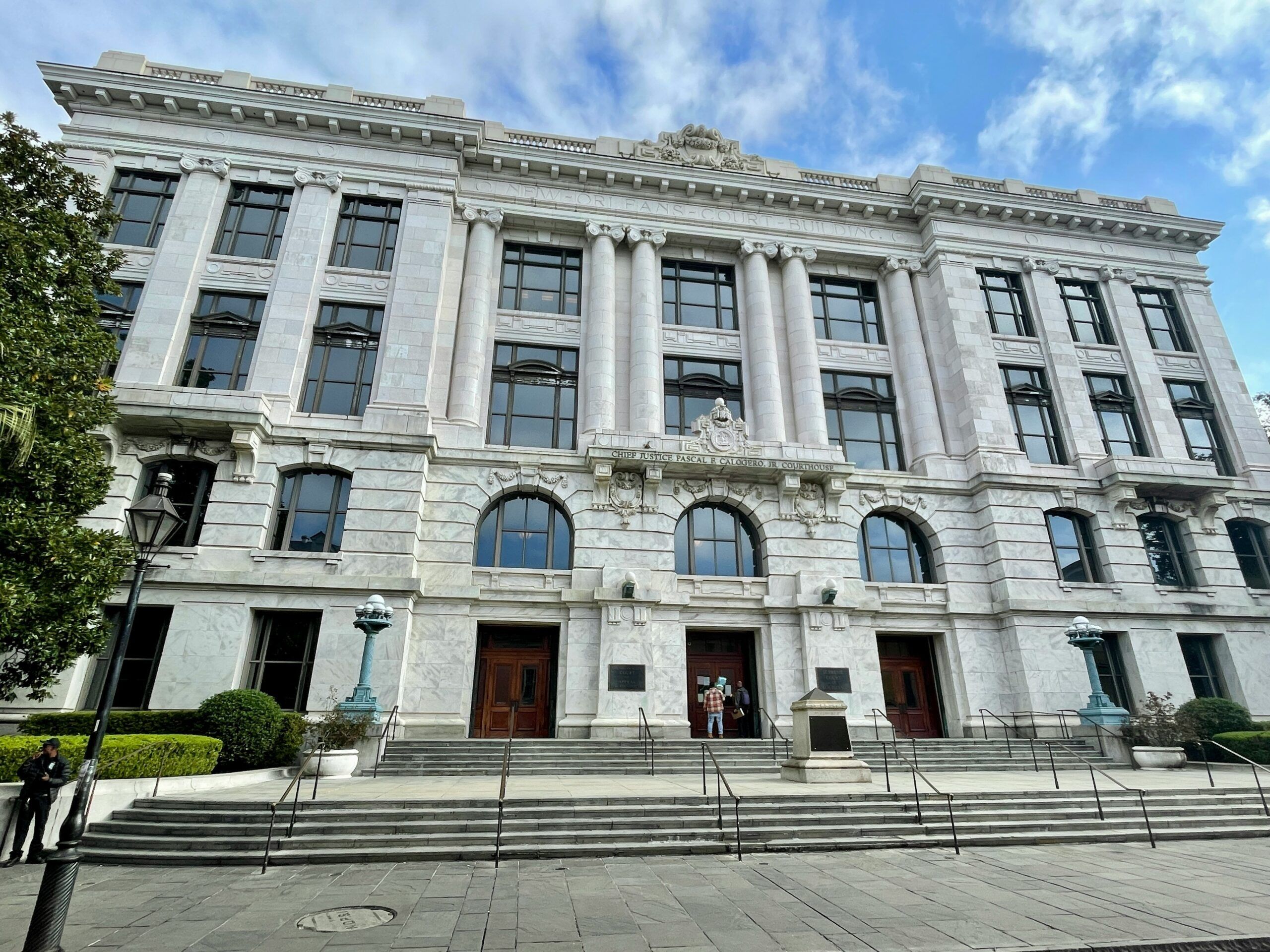On May 1, 2019, The Washington Post published an opinion piece authored by Virginia Governor Ralph Northam, in which he declared a specific commitment to effecting sentencing reform: Ralph Northam: I won’t sign another mandatory minimum sentence bill into law. Here’s why.
Governor Northam detailed the numerous reasons he believed he must commit to vetoing mandatory minimum sentencing bills, including:
- Mandatory minimum sentences significantly contribute to increasing prison populations.
- Data do not indicate that mandatory minimum sentences make communities safer.
- Data do indicate that mandatory minimum sentences are disproportionately applied to people of color.
- Mandatory minimum sentences are expensive—and ultimately paid for by taxpayers.
- Mandatory minimums are focused on punishment, not rehabilitation.
While Northam’s critics insist that this is a public relations effort to repair a reputation harmed by scandal, there is logic underlying his decision. Each reason Northam offered has been advanced by other advocates of sentencing reform.
The past saw more elected officials chasing a “tough on crime” image and believing that support for mandatory minimum sentences would solidify such a reputation. But politicians now seem increasingly willing to advocate for reasonable criminal justice reforms—including Kansas Governor Laura Kelly.
Kansas legislators have indicated interest in reform, too. As Kansas struggles with overpopulated and understaffed prisons, HB2018 was proposed to create the Criminal Justice Reform Commission. The bill passed the House of Representatives in March 2019 and moved on to the Senate for consideration.
But don’t expect rapid change in Kansas. Even if the Criminal Justice Reform Commission becomes reality, it will be tasked to study prisons, sentences, and reform options available before making any recommendations. Then we must wait on the legislature to take action. Baby steps.
If you have been charged with a crime in Kansas, call the criminal defense attorneys at Joseph, Hollander & Craft. With offices in Wichita (316-262-939), Topeka (785-234-3272), Lawrence (785-856-0143), and Overland Park (913-948-9490), we serve clients from the Oklahoma border to the Kansas City area.













